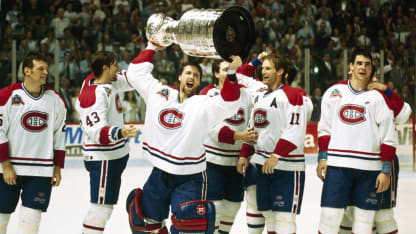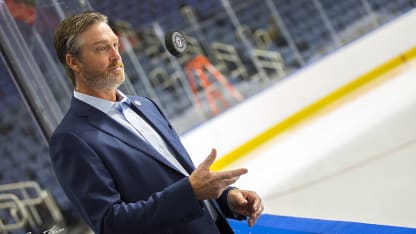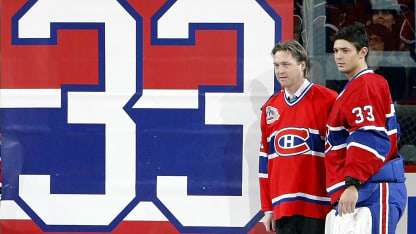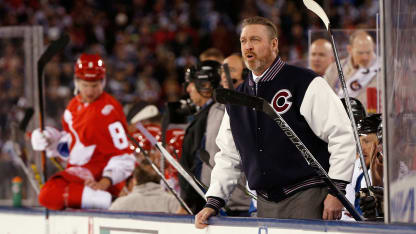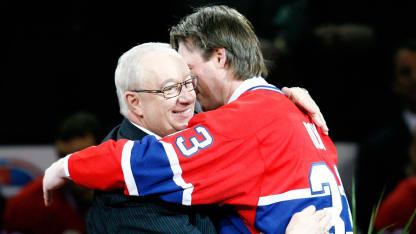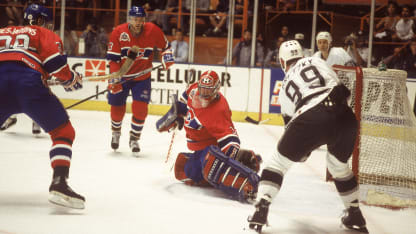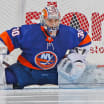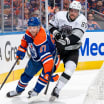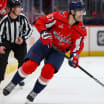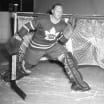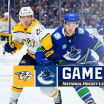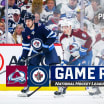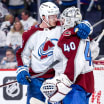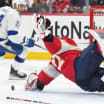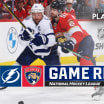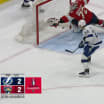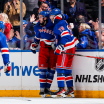Roy, the goalie whose heroics (16-4, 2.13 goals-against average, .929 save percentage) helped the Canadiens win the title, will be with his Quebec Major Junior Hockey League team in Quebec City, where he will coach the Quebec Remparts against Cape Breton.
Roy, also the general manager, is in his second stint with Quebec. The 53-year-old Hall of Famer bought the team in 1997 and took over as GM during the 2003-04 season. He became coach in 2005-06, won the Memorial Cup that season and left to become coach and vice president of hockey operations for the Colorado Avalanche in 2013. Roy returned to hockey this season after two years away, having abruptly resigned from the Avalanche on Aug. 11, 2016, after three seasons.
He spoke with NHL.com on Wednesday about the 1992-93 champions, this season's Canadiens, Montreal goalie Carey Price, the possibility of coaching again in the NHL, and enjoying being back in hockey in his hometown.
Behind the Quebec bench Thursday, will you also be thinking about your old Canadiens teammates in Montreal?
"No question. You have no idea how sad I'll be not to be there. It'll be tough, thinking about the guys who are there, the fans … I'll miss that game in Montreal a lot. I'd love to be there. I hope it won't be 30 or 40 years with no Stanley Cup (laughs). The fans are going to be so good to the guys and it's going to be a great night. I hope my old friend Jacques [Demers] will be able to be there (the former coach's health remains delicate following a stroke in 2016). When I was coaching the Avalanche, every year before my first game he'd give me a call. It was so funny. 'Hey Coach, good luck this year,' and I was like, 'OK, but I can't believe you're calling me Coach.' Jacques is such a great man. He had such a good impact and influence on every one of us. If he's at the Bell Centre, the fans are going to let him know, that's for sure."
